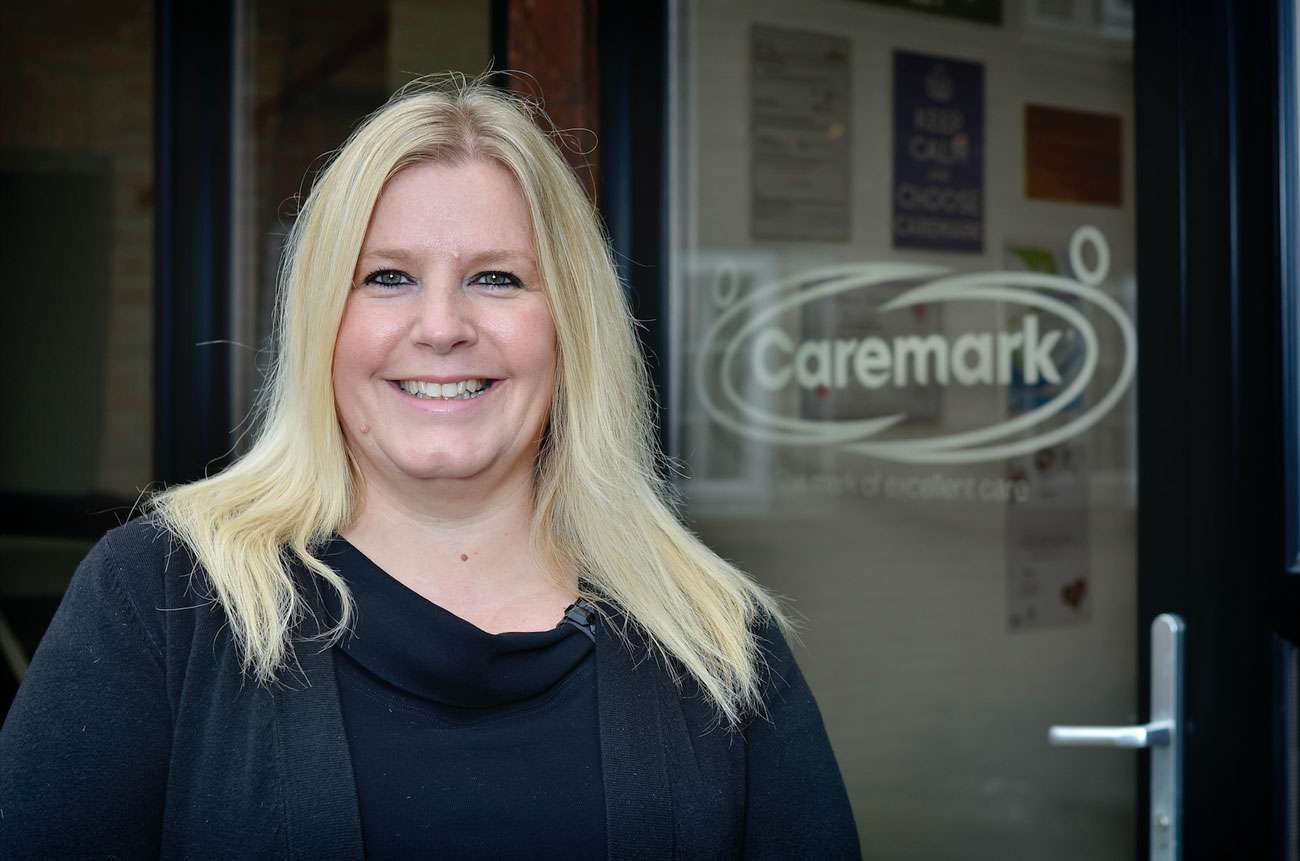
Winter Health – Frequently Asked Questions
The weather in the UK is anything if unpredictable and, if last winter’s ‘Beast from the East’ is anything to go by, you can never be too prepared! Long-range forecasts for Surrey suggest we’re in for a mild and wet first half of winter. Many of us associate late autumn and early winter with Halloween, Bonfire Night, and, of course, Christmas. However, during this festive season, with higher than average temperatures for the time of year, a high percentage of us will unfortunately fall victim to bugs and viruses that thrive in such conditions.
Many think they have all the answers when it comes to managing their winter health. Laura Jones, owner of local in-home care provider, Caremark, puts the rumours to rest and sets the winter health record straight, once and for all.
FAQ – Does the flu jab give you flu?
A common misconception about the flu jab is that a small strain of the infection is administered, giving you flu like symptoms and, in turn, a less serious bout of the infection. This is completely untrue, as the vaccine doesn’t contain any live viruses. Whilst a slight temperature or aching muscles is common after a flu jab, this often subsides within a matter of hours.
FAQ – If you’ve not had your flu jab by the end of October, is there any point?
According to the NHS, late autumn/early winter is the prime time to book in a flu jab – October and November – as common strains of the infection usually haven’t yet reared their ugly head, but you still stand a good chance of avoiding infection if you have your jab later in the year. It’s important to remember that, even following the vaccination, it doesn’t come into effect until after around 14-21 days. Whilst no vaccination is 100 percent effective, it will certainly provide a greater protection against common strains of the flu virus.
If you’re aged 65 or older, you are eligible for a free vaccination. Contact your local GP or chemist, who will offer support in booking your appointment.
FAQ – If we’re in for a milder winter, surely there’s less risk of illness?
Whilst coughs and colds are usually harder to treat during colder weather, the warmer weather often encourages the spread of infection. The unpredictable weather in the UK is often the culprit when it comes to the rapid increase of a particular illness and the elderly can be more vulnerable. The colder weather supresses the immune system, increasing the risk of repository conditions, but spikes of warmer weather encourages the infection to multiply.
Maintaining a healthy and active lifestyle can combat any weaknesses in the immune system. Keep an eye on the short-term and long-term weather predictions, making sure you wrap up warm on those chillier days and opt for light layers on the warmer ones.
FAQ – Will eating extra fruit and veg in the winter help keep the bugs at bay?
We’re all well aware of the fact that eating our ‘five a day’ is a fundamental part of a healthy and happy lifestyle but, during the colder months, your body needs a little more TLC.
Vitamins and minerals are an essential component of our daily intake and, whilst you’re probably getting some of what you need from your diet, it may be beneficial to stock up on a few supplements. During cold weather, it’s tempting – and often, obligatory – to stay inside. Natural sunlight is the most effective source of Vitamin D – the nutrients needed to keep bones, teeth and muscles healthy – so if you find yourself struggling to get out and about in the winter, stock up on some supplements.
FAQ – If I’m feeling under the weather, can’t I just call the doctor and get some antibiotics?
Most of the infections spread during any time of the year are caused by viruses, whereas antibiotics only work against bacteria. Whilst it’s crucial to monitor any health complaints or illnesses, it’s also important to regularly update your loved ones on your symptoms, in case they might need to contact your doctor on your behalf.
Plan for who you might contact if you suddenly start to feel under the weather, especially if the symptoms progress quickly. Include friends or neighbours who have access to their own car – specifically one equipped for bad weather conditions – and if you have a large family, or lots of friends and neighbours who care for you, put together a phone tree, so that you only have to make one or two calls. If you start to decline quickly, call your GP, the NHS 111 helpline or, in an emergency, call 999.
Laura summarises: “At Caremark Mid Surrey, we begin making provisions for the winter when the long-term weather forecasts are released. Whilst they regularly change, it’s crucial that we plan for all eventualities and make sure all clients are accounted for. I often think that planning for the worst is the only way to prepare, as we never know how we will fare when bad weather rolls in! It’s always a great idea to stock up on those essential food items and household supplies, as this will allow for you to remain at home for long spells of bad weather. With that being said, it’s just as important to get out and about as often as you can and check in with others who may have issues with their mobility. If there’s two things we’re good at in the UK, it’s complaining about the weather and rallying around to help each other through it!”











